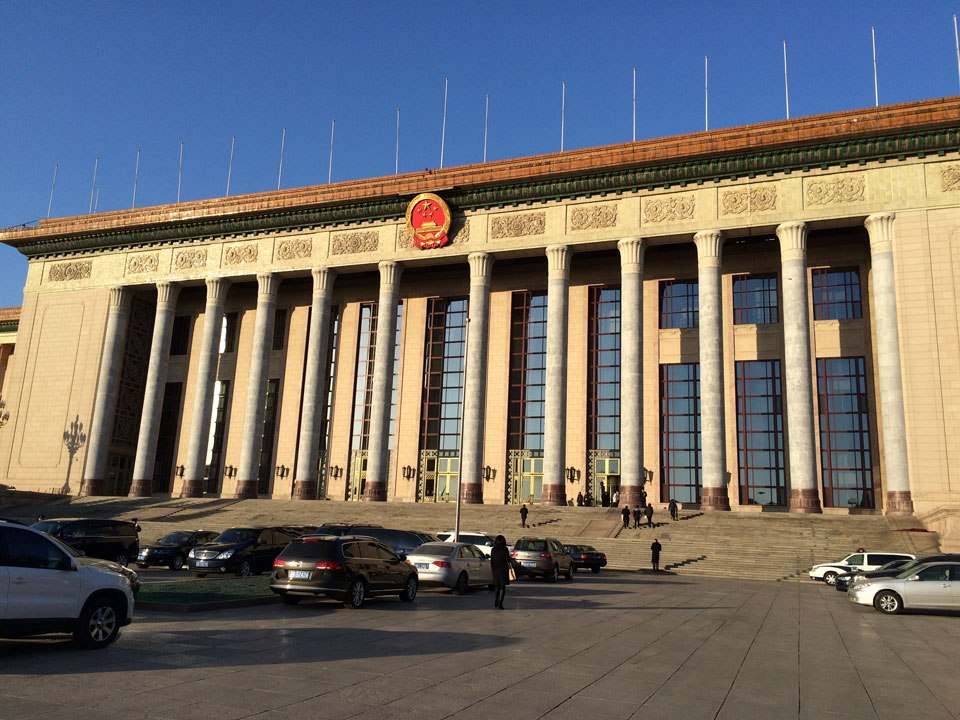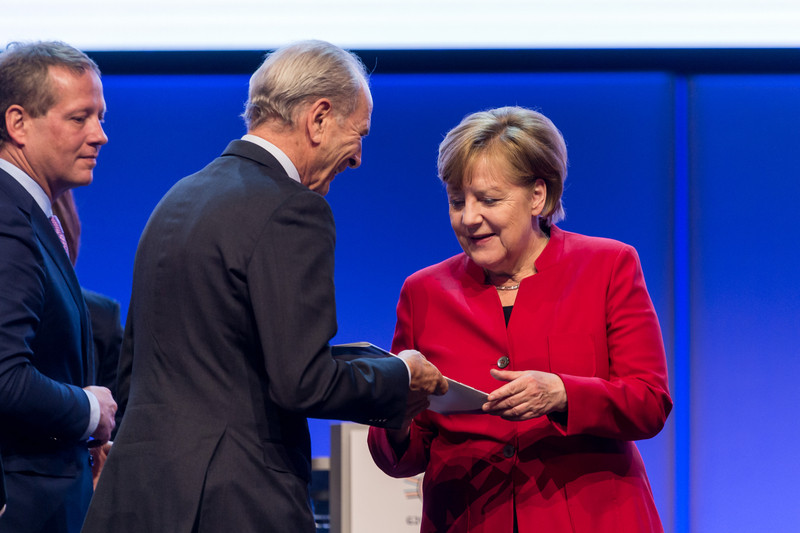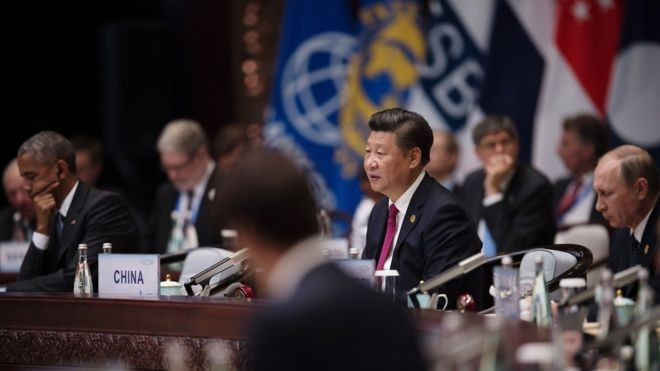The Germany B20 Digitization Task Force
On May 3rd, 2017, the B20 has officially handed over its Policy Recommendations to German Chancellor Angela Merkel in Berlin.
The German Presidency of the G20 for 2017 have created a Digitization Task, Force DTF.
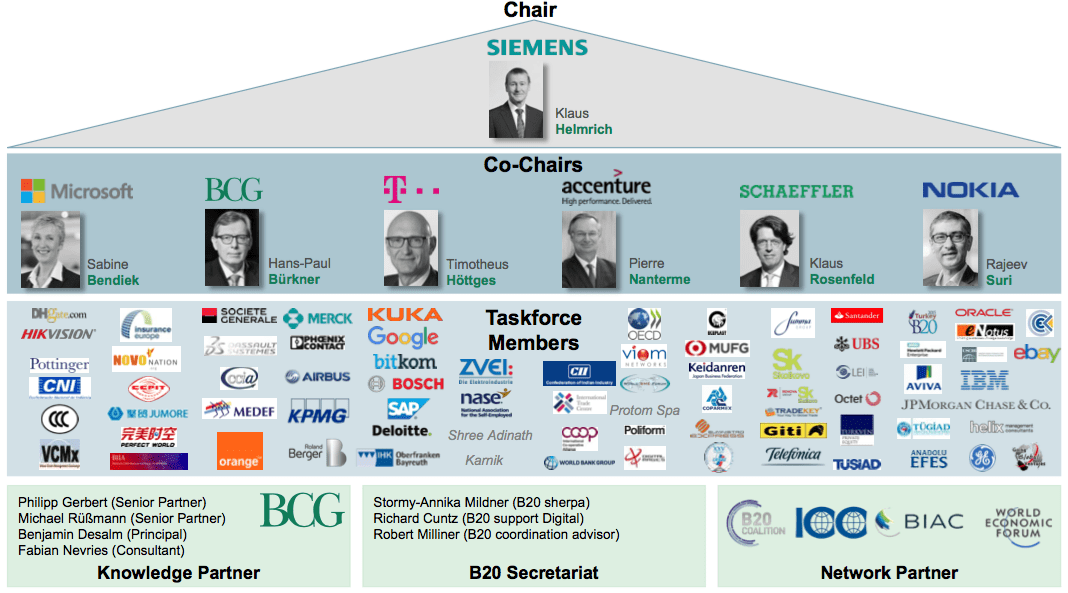
- It could be interesting to segment by type including SMEs. At least in the US, large companies are buying SMEs that compete with them or have new technologies that can enhance their business models. This leaves a gap and has an impact on jobs.
SMEs are the greatest providers of jobs, SMEs have slightly different priorities than large corporations and multinationals. We are not sure for example how relevant is industry 4.0 for a small enterprises with a niche market in some geographic location, etc.
- While cybersecurity is rightly emphasized, privacy and confidentiality issues are largely ignored as well as massive surveillance. These are clearly topics that digitalization has exacerbated and thus need to put on the table. Data exchange is fine as long as privacy is protected. In addition, the jurisdictional or legal issues about data are also fundamental and are being debated at this very moment.
The EU approach to the topic is very different from that of the US, and other G20 countries such as Brazil have their own take too. Reymond Voutier / Andrew Lauter /eNotus Inc / Research ideas from Raúl Zambrano
eNotus makes the following recommendations:
October 27 2016
- The BCG induction document is very good, both the governance process and the criteria to accomplish the task have been spelled out.
- The issue of jobs is a big one as the traditional theory of skills-based gap due to education lags is being challenged, at least in the US where many college graduates are having a hard time finding jobs. Digital is a critical part of Jobs crisis going forward – if anything, Industry 4.0 will certainly reduce costs as well of jobs, especially if deep learning and robotics are quickly introduced, in developing countries as well as the G20. The question for the DTF is: if digitalization is becoming an increasing component of GDP growth, how will the lack of job creation affect such?
- The draft addresses the issue of the digital divide without using this concept, fortunately. Increasingly access to ICTs is vital for the private sector as that is where new markets and customers will be.
- It could be interesting to segment by type including SMEs. At least in the US, large companies are buying SMEs that compete with them or have new technologies that can enhance their business models. This leaves a gap and has an impact on jobs.
SMEs are the greatest providers of jobs, SMEs have slightly different priorities than large corporations and multinationals. We are not sure for example how relevant is industry 4.0 for a small enterprises with a niche market in some geographic location, etc.
- While cybersecurity is rightly emphasized, privacy and confidentiality issues are largely ignored as well as massive surveillance. These are clearly topics that digitalization has exacerbated and thus need to put on the table. Data exchange is fine as long as privacy is protected. In addition, the jurisdictional or legal issues about data are also fundamental and are being debated at this very moment.
The EU approach to the topic is very different from that of the US, and other G20 countries such as Brazil have their own take too. Reymond Voutier / Andrew Lauter /eNotus Inc / Research ideas from Raúl Zambrano
G20 leaders told ‘avoid empty talk’ by China’s Xi Jinping
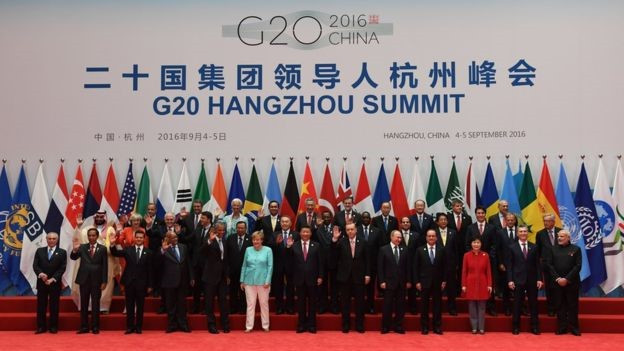
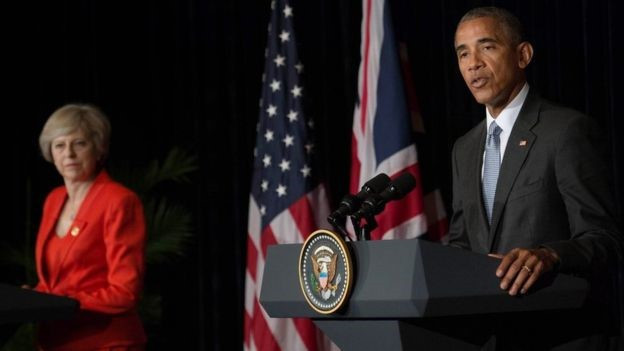
‘What Brexit means’
It is the final G20 summit for US President Barack Obama and the first for British Prime Minister Theresa May.
Hinkley Point
Mrs May has also defended her surprise delay in making a decision on the £18bn Hinkley Point nuclear power project, saying she would “look at the evidence and consider it properly”. “I’ve been very clear that I will be doing that and will be taking a decision sometime this month,” she added.
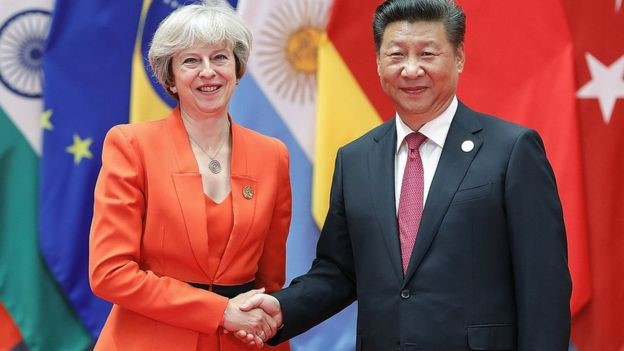
Steel crisis
China’s continued production of cheap steel was also an issue on the opening day of the summit. European Commission President Jean-Claude Juncker said China must address its problem of industrial overcapacity, saying it was “unacceptable” the European steel industry had lost so many jobs in recent years. “Overcapacity is a global problem but there is a particular Chinese element,” Mr Juncker said. He also defended the EU commission’s decision to hit tech giant Apple with a €13bn (£11bn) bill for unpaid taxes, saying it was not aimed at the US. “We are basing our decisions on facts and on the legislation,” Mr Juncker said. “This is not a decision against the United States of America.”
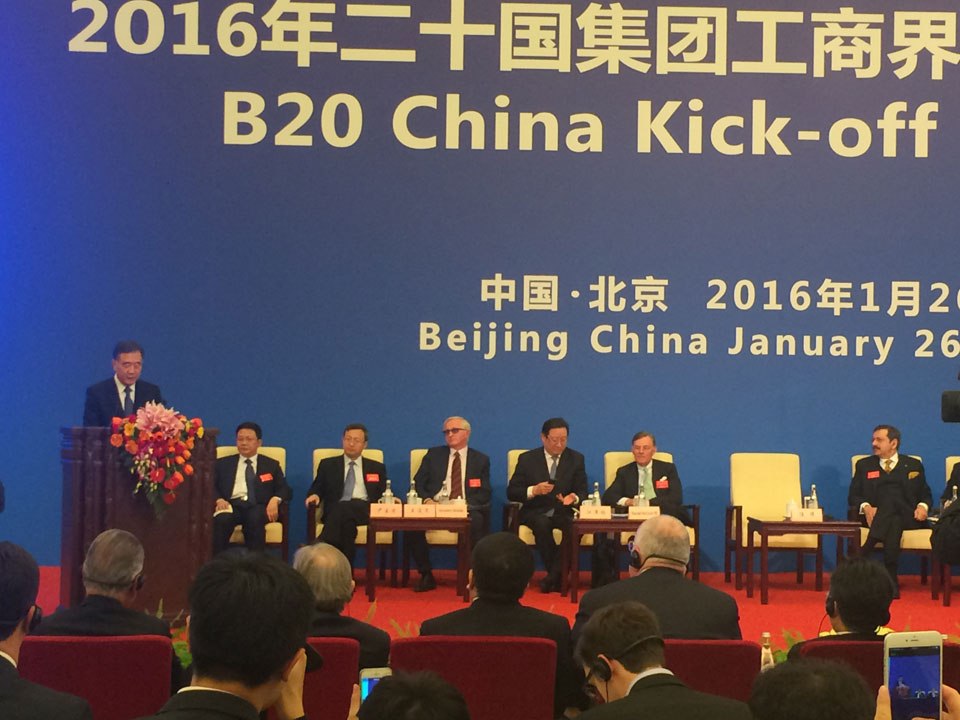
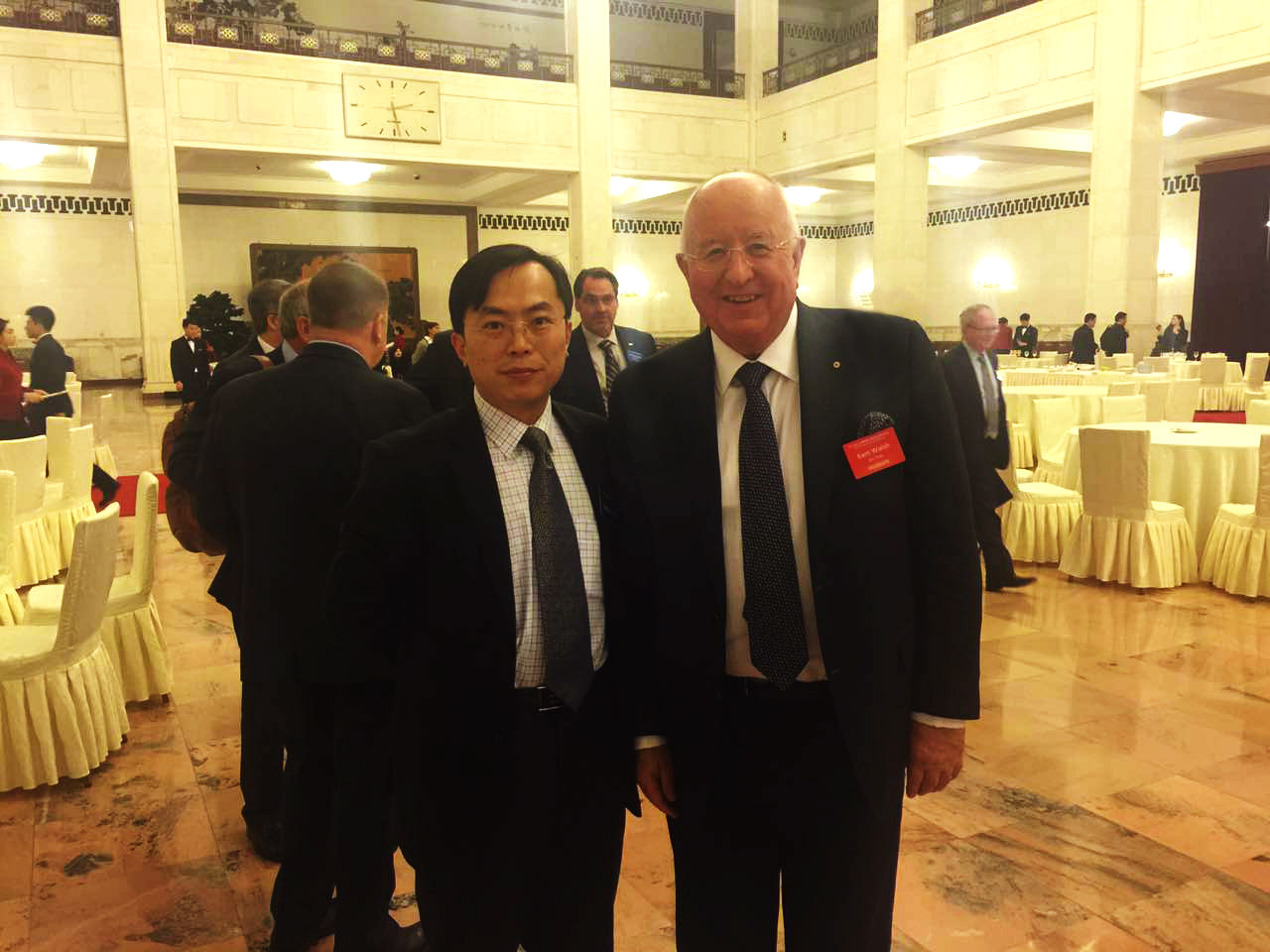
Sam Walsh and Dr. Andy Song

Jeffrey Hardy and Dr. Andy Song

Ali Koç and Dr. Andy Song
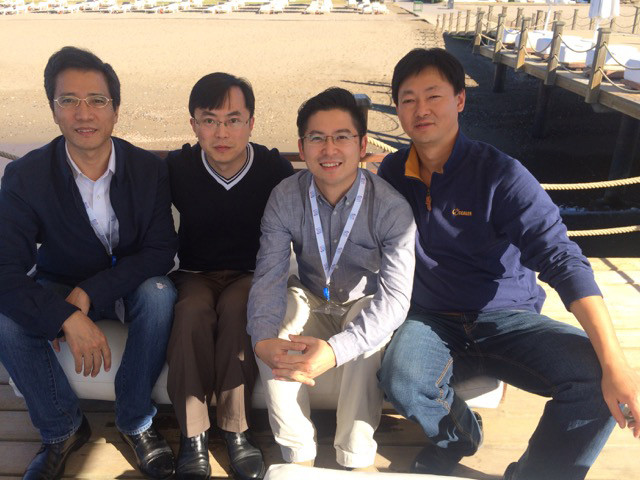
Alibaba executives and Dr. Andy Song
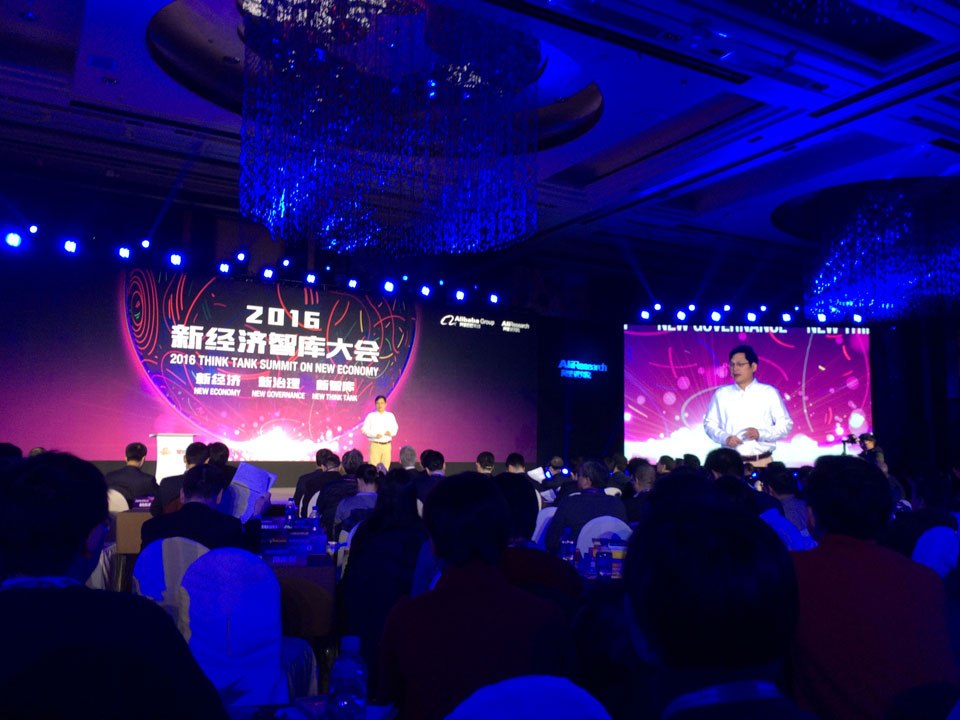
eNotus Alibaba Global Think Tank Summit on the new Economy
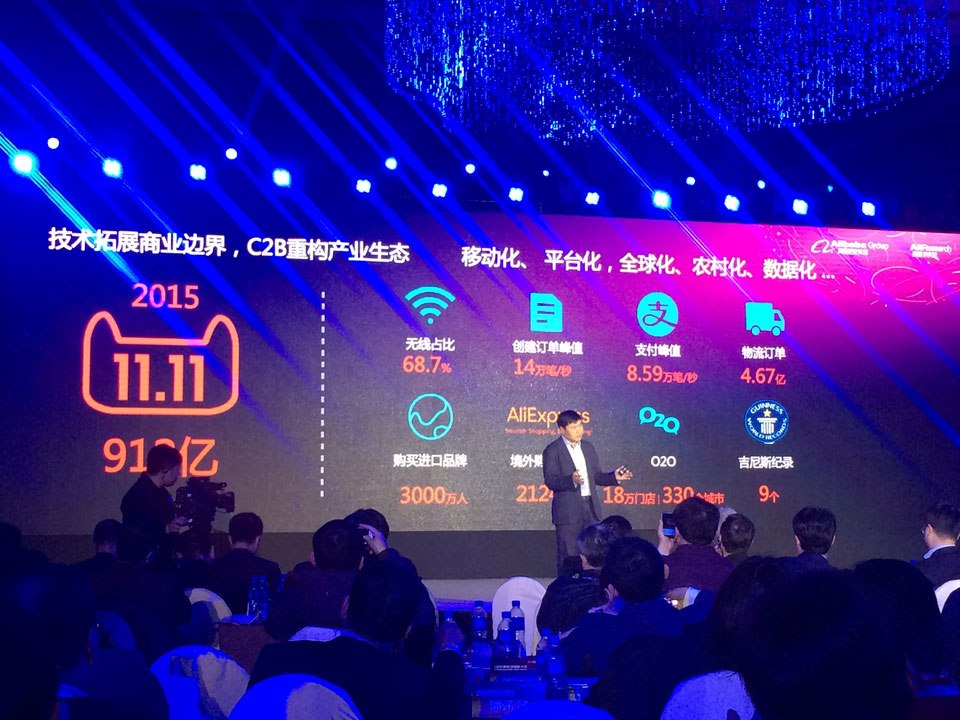
eNotus Alibaba Global Think Tank Summit on the new Economy 2
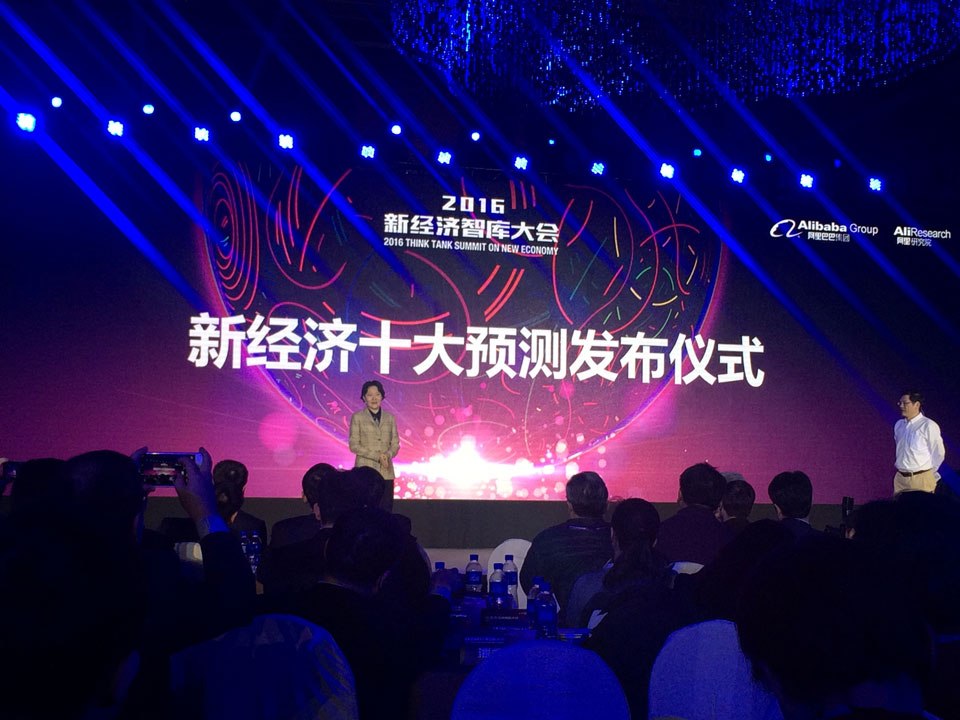
eNotus Alibaba Global Think Tank Summit on the new Economy 3
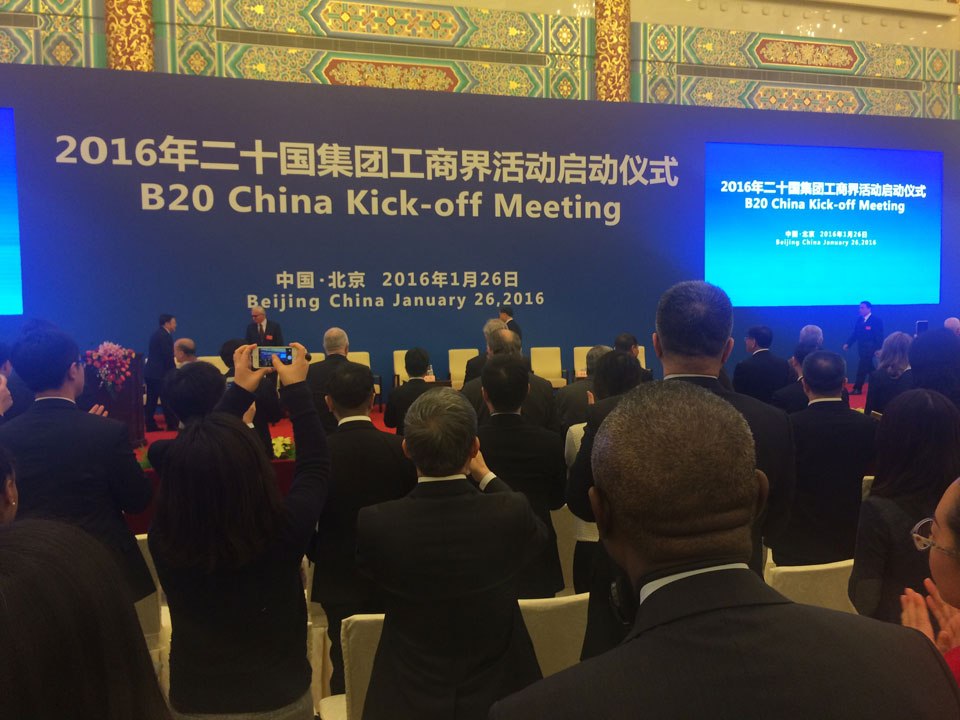
eNotus B20 Empolyment Taskforce Meeting Kickoff Meeting
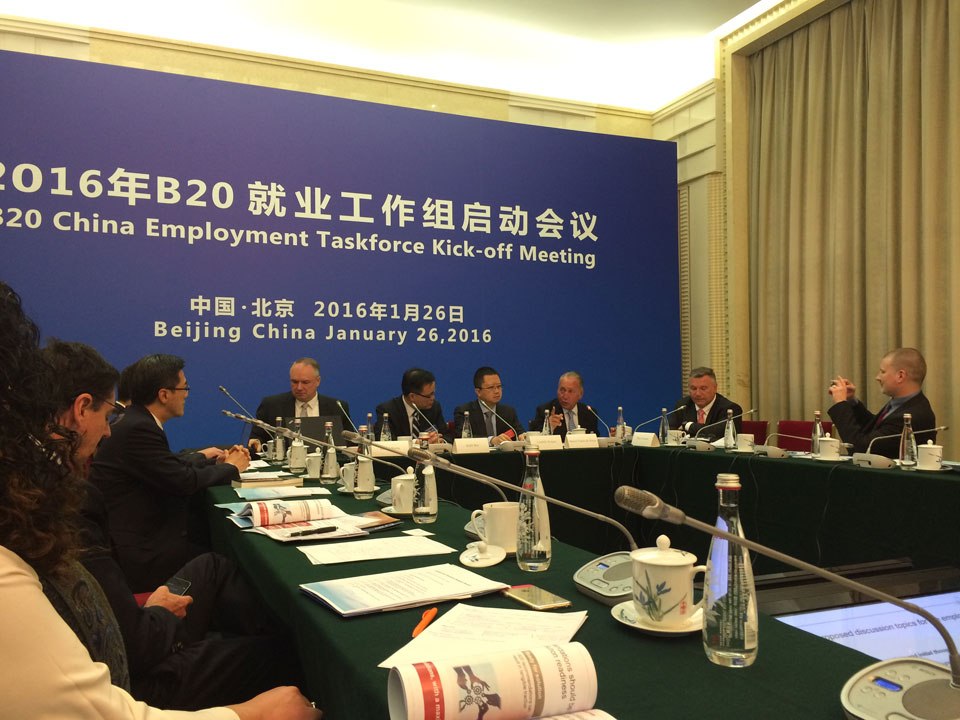
eNotus Empolyment Taskforce Meeting
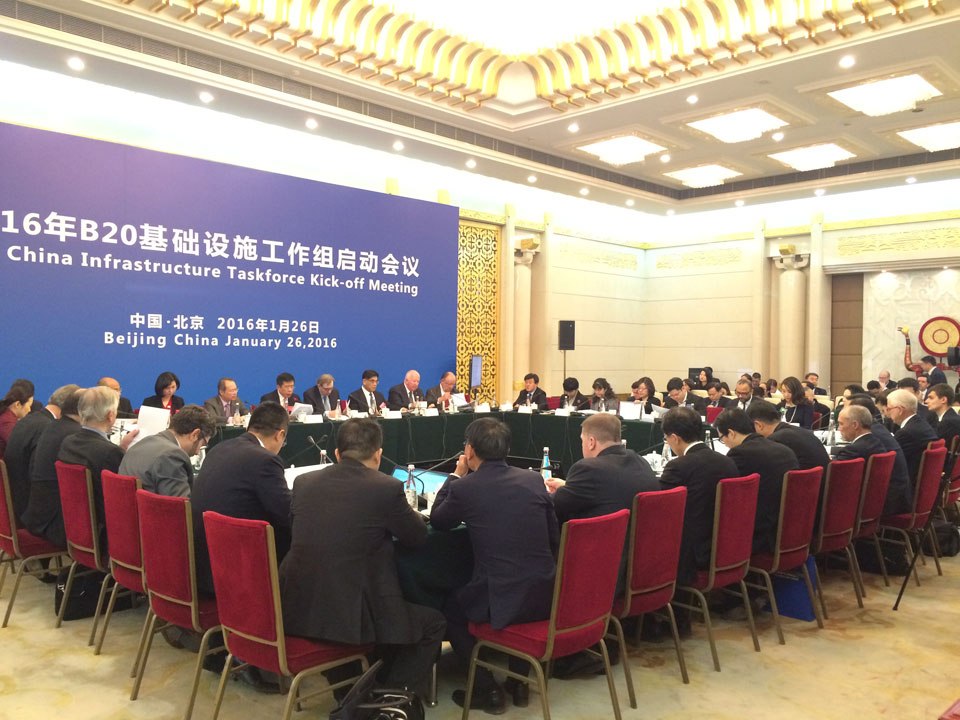
eNotus Infrastructure Taskforce Meeting
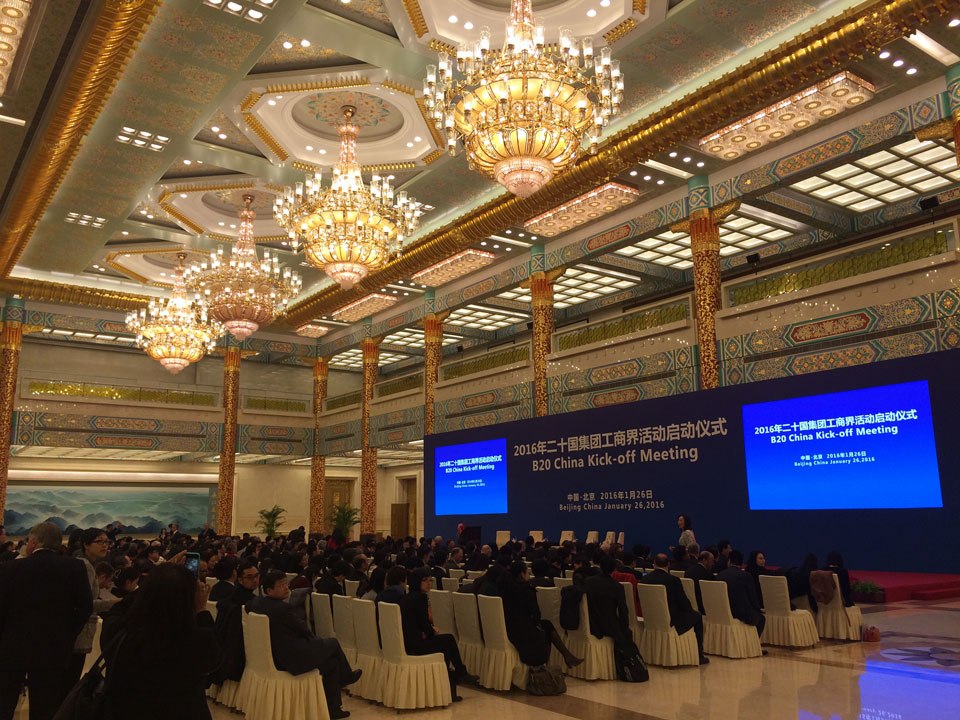
eNotus Plenory session in the Golden Hall
